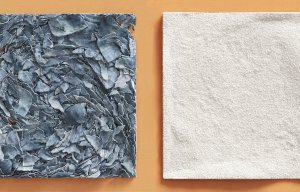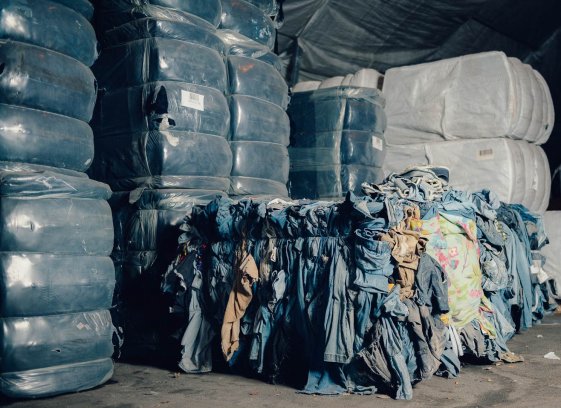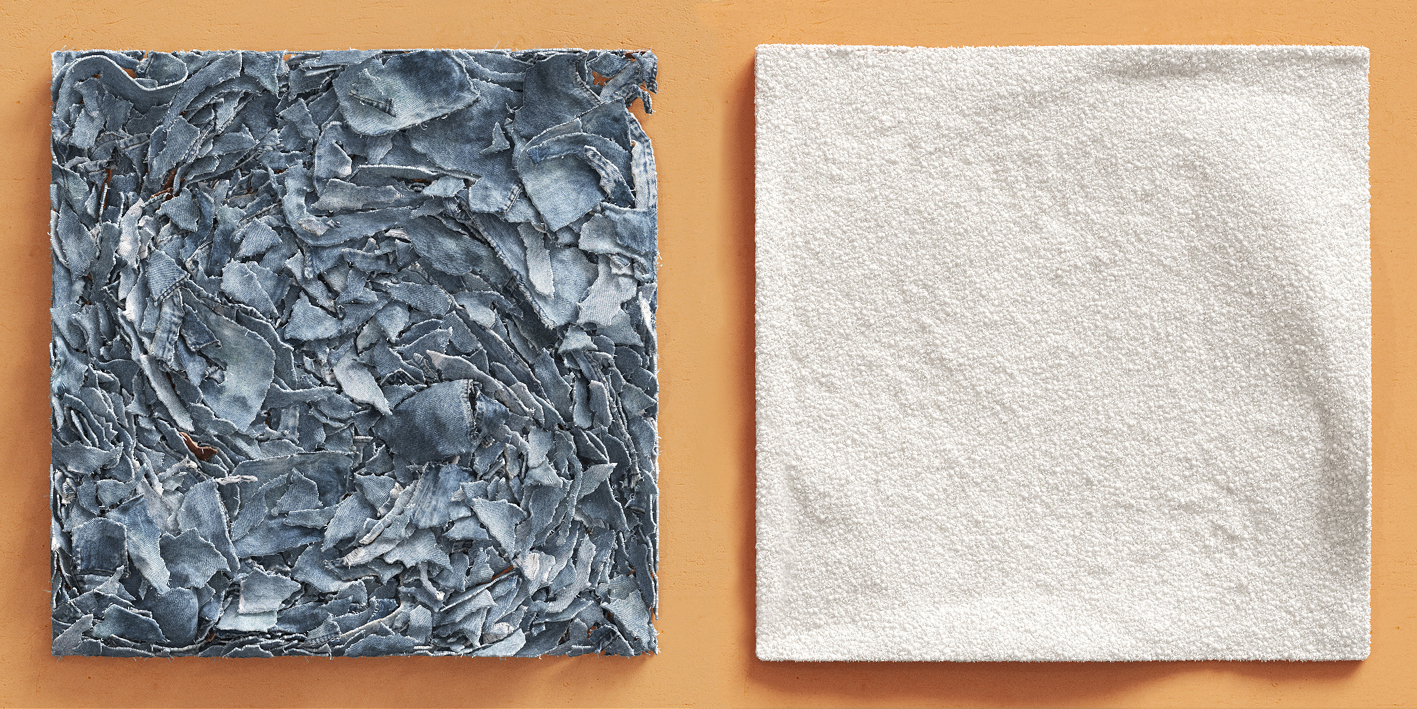
Essential supplies for Circulose
Advanced pulp drying techniques to be applied to clothing to avoid landfill.

27th September 2021
Innovation in Textiles
|
Sundsvall, Sweden
ABB will deliver automation, electrification, quality control systems, motors and drives for Renewcell, the fast-growing Swedish company specialising in textile-to-textile recycling.
With ABB technology, a former SCA paper mill in Sundsvall, Sweden, will be transformed into the world’s first commercial-scale recycling plant for cellulosic textiles – created by dissolving natural materials such as cellulose which is then regenerated to create a wide range of fabrics. Renewcell is already working with several fashion manufacturers, and in 2020, entered into a multi-year partnership with H&M.
According to Renewcell’s preliminary calculations, textile fibres made from its recycled raw material use approximately 50 litres of fresh water per kg in production, compared to around 1,600 litres for cotton and 90 litres for viscose. The process also lowers waste, plastic pollution and both COâ‚‚ and chemical emissions. In addition, the use of recycled fabric can help brands deliver on their promises to reduce their negative impact.
Infrastructure
The process for clothing recycling is similar to pulp drying, breaking down cellulose in cotton and viscose textiles to recycle into new raw materials. This similarity enables Renewcell to use the existing infrastructure, including buildings and the supply and processing of raw water, waste water, compressed air and electricity at the SCA mill. This will be coupled with ABB’s paper and automation expertise, to manufacture recycled textiles that might otherwise have gone to landfill or incineration.

ABB brings its domain expertise from the pulp and paper industry, for example with specific technology to control the pulp dryer – a piece of equipment that was previously in use to dry raw wood pulp for paper and packaging – and quality control knowledge specific to the process. Renewcell requested weight and moisture measurement based on testing on a pilot machine.
Among the ABB technology that will be installed in the new plant is the market-leading process control system ABB Ability System 800xA that will provide operators with wide visibility and precise control from a central command centre to ensure that production is as resource efficient as possible, with less material consumption and reduced waste. In addition, ABB’s PMC800 drive systems will reduce the cost of ownership over the automation lifecycle and improve energy efficiency during production. ABB will also supply ACS880 variable speed drives (VSDs) and IE4 super premium efficient motors, an efficiency level above the IE3 standard mandated by EU Ecodesign regulations. Combining high-efficiency motors with VSDs can typically reduce energy consumption in flow-controlled pulp and paper applications by 30% or more.

“The ABB team proved its unique ability to deliver a complete automation and electrification solution,” said Patrik Lundström, CEO at Renewcell. “It has the knowledge, presence and experience that we need to keep this project on track, both in terms of budget and schedule.”
“As a technology company, we at ABB believe that electrification and automation technologies can play a key role in transforming industries and reducing their environmental footprint,” said Theodor Swedjemark, ABB’s chief communications and sustainability officer. “This contract allows us to apply our deep pulp and paper expertise and project experience to help Renewcell reduce its emissions and preserve resources, and ultimately change fashion for the better.

Business intelligence for the fibre, textiles and apparel industries: technologies, innovations, markets, investments, trade policy, sourcing, strategy...
Find out more